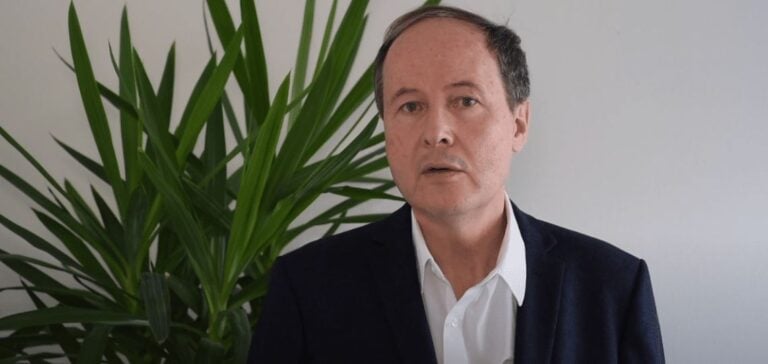Jean-François Soussana, renowned for his work on soil health and climate change, has been appointed Chairman of the Haut Conseil pour le Climat (HCC). With over 20 years’ experience with the Intergovernmental Panel on Climate Change (IPCC), he succeeds Corinne Le Quéré. This appointment comes at a crucial time, as the HCC’s mandate comes up for renewal for a further five years. Indeed, in May 2024, HCC had expressed concerns about France’s climate commitment. The announcement was made via a decree published in the Journal Officiel, underlining the importance of this council in assessing France’s climate actions.
Reactions and outlook
Jean-Marc Jancovici, a member of the HCC, welcomed this necessary renewal ahead of the government transition period. Jean-François Soussana, for his part, expressed his satisfaction and stressed the importance of this new mandate for the evaluation of public climate policies. He also mentioned the forthcoming draft reports on the new national low-carbon strategy (SNBC) and on territorial adaptation.
An exemplary career
Born in 1959, Jean-François Soussana holds a doctorate in plant physiology and began his work on grassland ecology and the carbon and nitrogen cycles in the 1980s. He headed an ecosystem research laboratory at the French National Research Institute for Agriculture, Food and the Environment (Inrae). In 2020, he became Vice President of Inrae, focusing on international programs relating to agriculture and climate change.
A recognized European expert
In addition to his duties at the HCC, Jean-François Soussana has been a member of the European Scientific Advisory Board since 2022. This body, similar to the HCC but on a European Union scale, benefits from its recognized expertise. This dual role underlines its involvement and influence on climate policies at both national and European level.
Strengthening the HCC team
The decree also announces the appointment of four new members to the HCC, including Selma Mahfouz, Inspectrice Générale des Finances, and Diane Strauss, Director in France of Transport & Environment. These new appointments strengthen the team of 12 experts, combining diverse skills to better assess France’s climate policies.
The new team is well positioned to tackle the climate challenges of the future, with the likes of Valérie Masson-Delmotte and Laurence Tubiana returning for another term. The HCC’s forthcoming reports, notably on the SNBC and territorial adaptation, will be essential in guiding France’s climate actions in the years ahead.






















